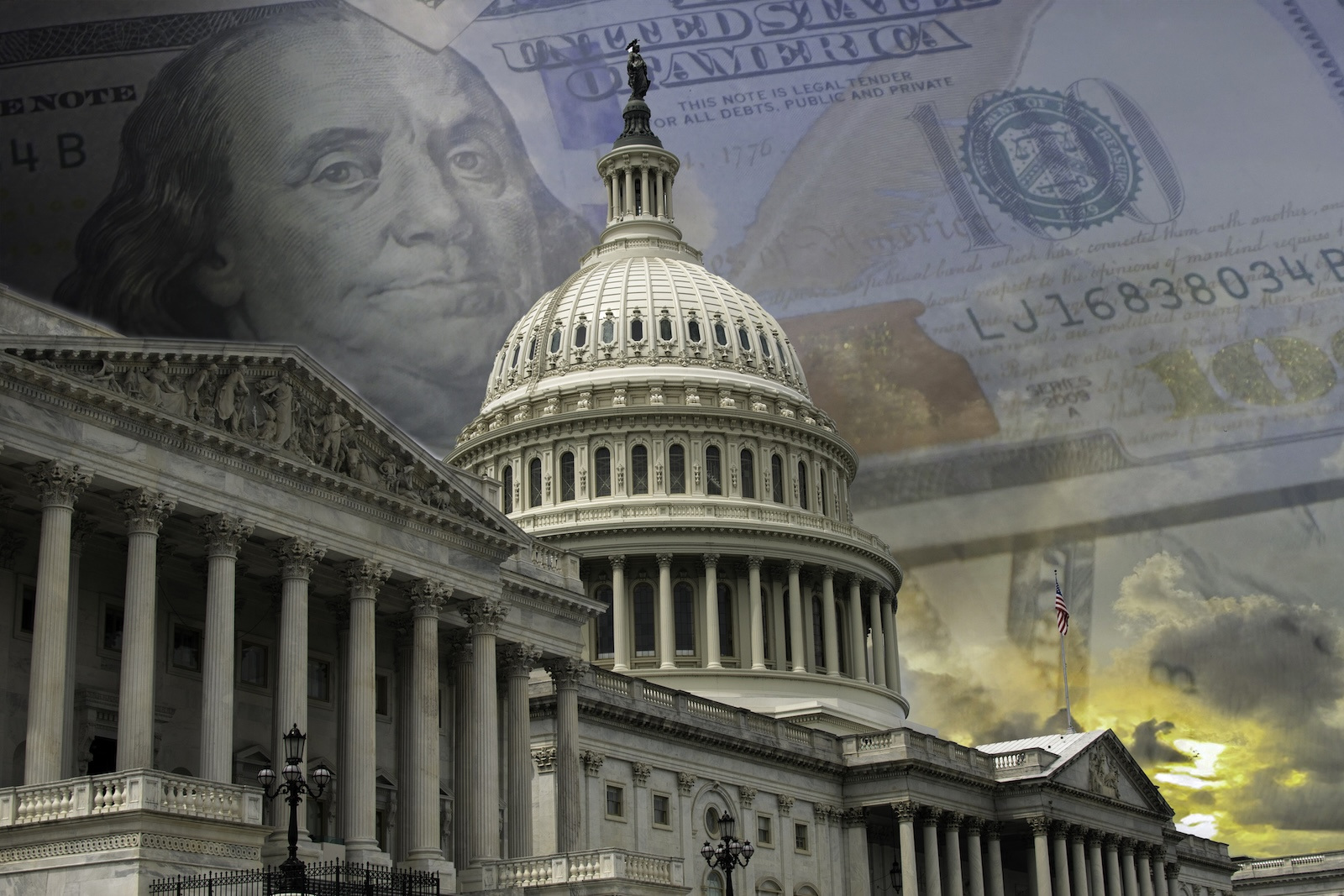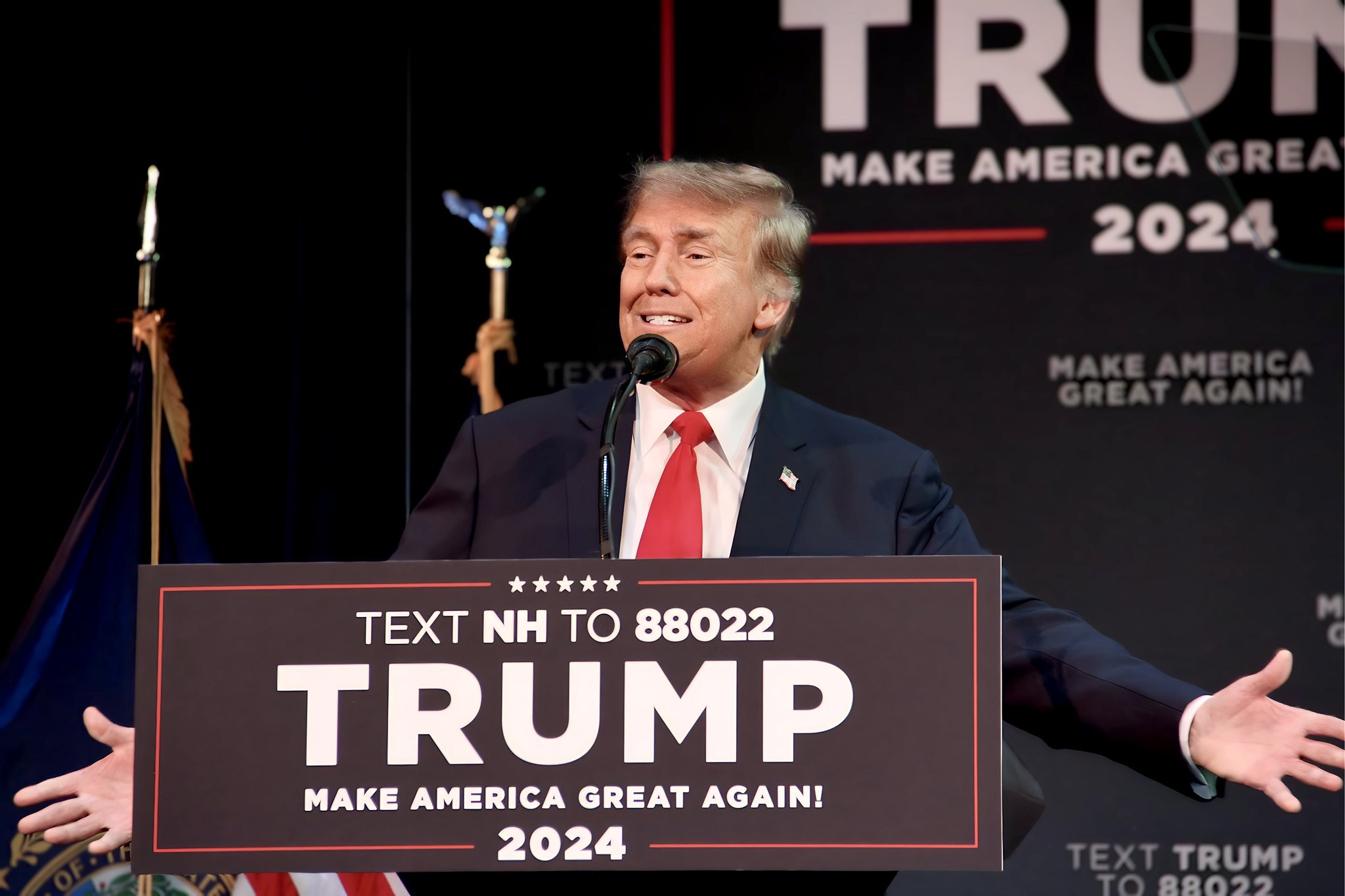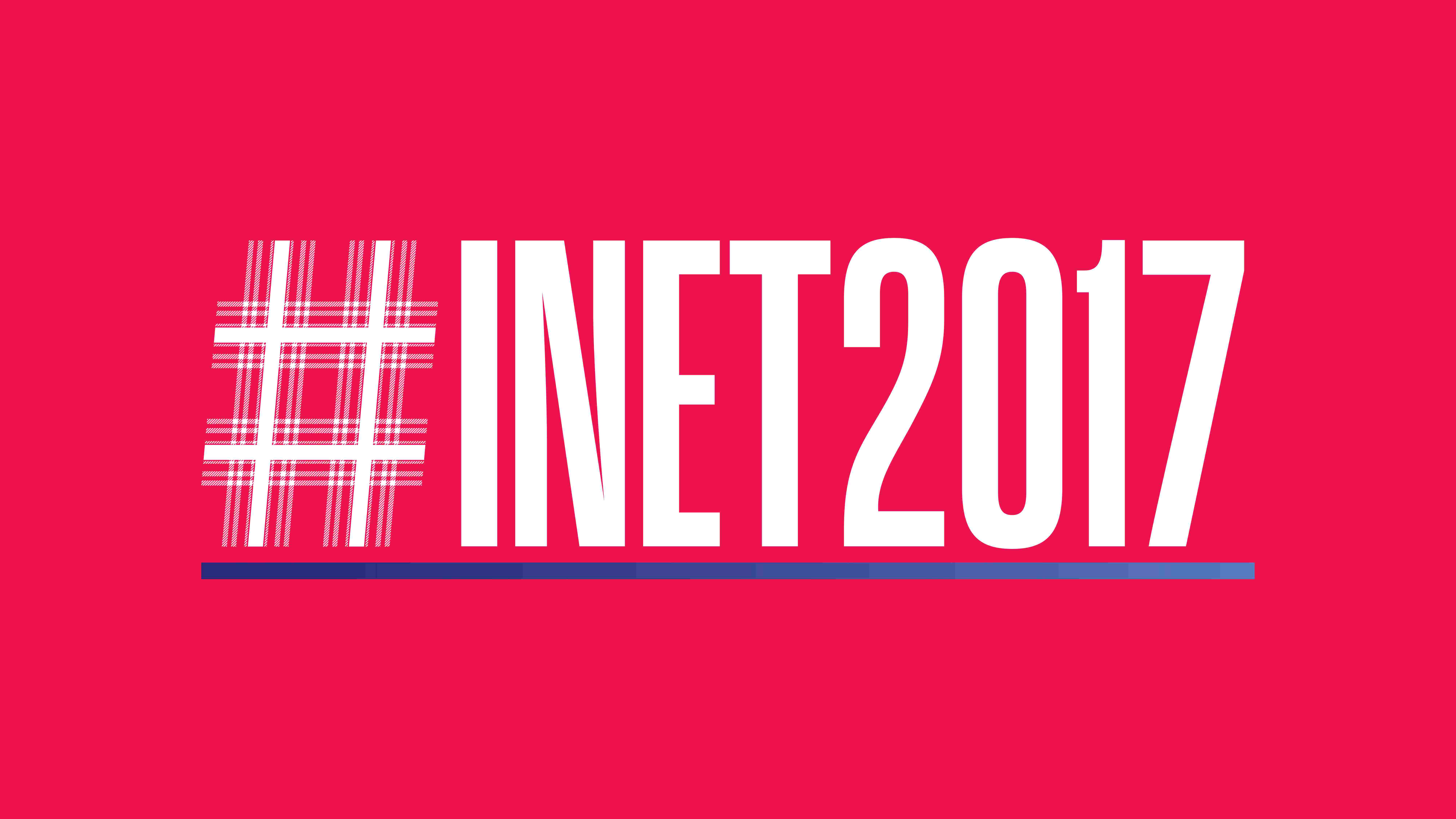Paul D. Jorgensen is Associate Professor at the School of Interdisciplinary Program and Community Engagement, University of Texas Rio Grande Valley. His research concerns campaign finance and political parties in the United States. Using a grant with the Institute for New Economic Thinking, he is improving campaign finance data in order to create new and more accurate measures of campaign fundraising and spending in the United States. Jorgensen’s research has appeared in the International Journal of Political Economy, the Journal of Law, Medicine, & Ethics, Political Research Quarterly, and the Policy Studies Journal.
Paul Jorgensen

By this expert
Move Fast and Break Everything: Crypto and the Democrats

After FTX’s collapse, crypto looked finished. Yet Washington revived it, culminating in Trump’s GENIUS Act and a surprising Democratic shift. How did money and affluence predict pro-crypto votes, amid widening deregulation and cyber risk?
Move Fast and Break Everything: Crypto, Democrats and Deregulation
After FTX’s collapse, crypto looked finished. Yet Washington revived it, culminating in Trump’s GENIUS Act and a surprising Democratic shift. How much did money and affluence predict pro-crypto votes, amid widening deregulation and cyber risk?
U.S. Political System Is Bought, Not Broken. A New Party Won’t Fix the Basic Problem.

Why real reform in American politics won’t come from slogans, scandals, or new parties — but from breaking the grip of investor politics and rebuilding power from the ground up.
Trump, Populism, and the Republican Establishment: Two Graphs From New Hampshire

This year’s New Hampshire primary testifies to the disintegration of the Republican Party
Featuring this expert
Jacobin Features INET Paper on 2016 Election
Jacobin Magazine features research from INET Research Director Tom Ferguson and co-authors on big business support for Donald Trump in the 2016 campaign.
Reawakening From the Origins of Economic Ideas to the Challenges of Our Time

INET gathered hundreds of new economic thinkers in Edinburgh to discuss the past, present, and future of the economics profession.
Stark New Evidence on How Money Shapes America’s Elections

Oversights of two generations of social scientists have weakened democracy.